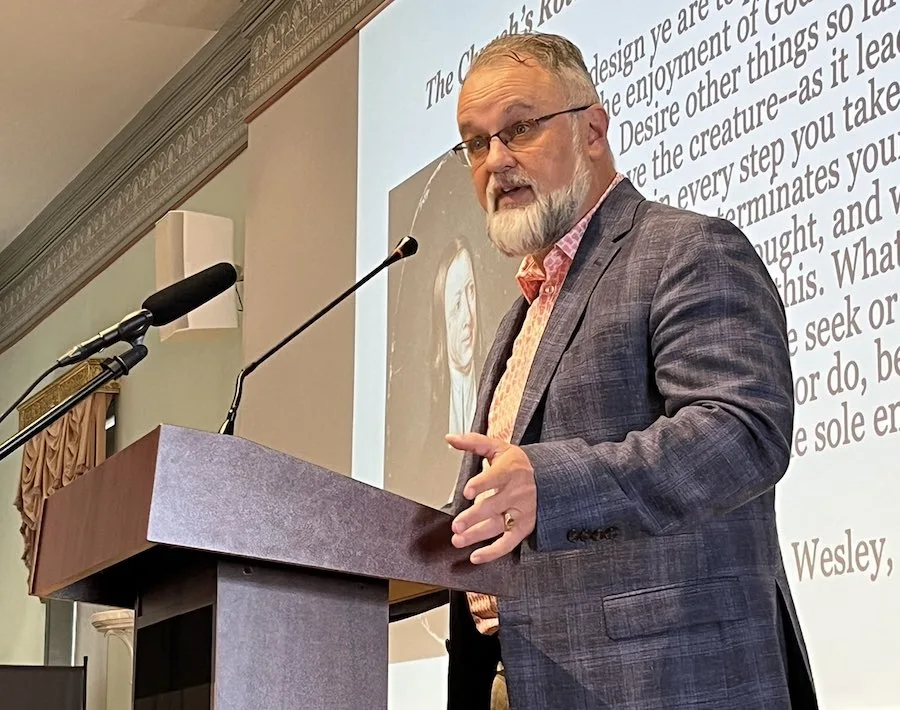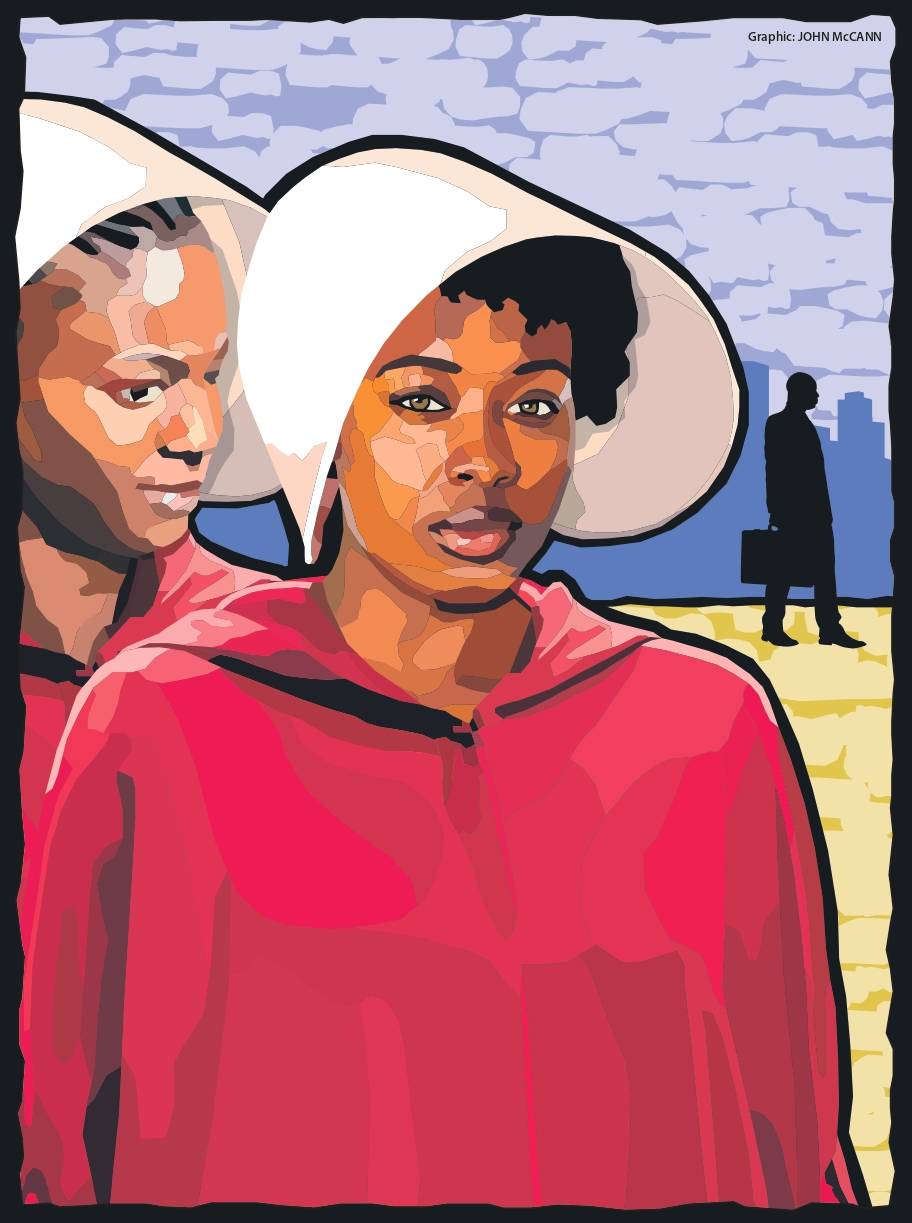





The perception of business in Malta is often negative, with concerns about manipulation, worker abuse, fraud, and corruption. However, the Church believes that it has a right to speak on economic and social problems and can contribute to finding solutions. Pope Francis has expressed dissatisfaction with the current state of business and hopes for a 'new economy' that promotes human dignity and development. He believes that business should prioritize stakeholders, consider the well-being of workers and customers, and be mindful of the sensitivities of a diverse community and the sustainability of the world.
The 'Economy of Francis' initiative, inspired by Pope Francis, aims to propose ways to regenerate the economy with a focus on peace, justice, and sustainability. It seeks to challenge the prevailing mindset of excessive profit and instead prioritize stakeholders and the common good. The initiative encourages business leaders to reflect on whether their products and services enhance well-being and contribute to the betterment of society.
Recent research by Sascha O. Becker, Jared Rubin, and Ludger Woessmann highlights that religion significantly impacts economic growth through various channels, including physical capital, human capital, and total factor productivity. Their findings indicate that different religions influence economic beliefs and outcomes, with Judaism and Protestantism linked to better educational results. This aligns with Max Weber's 'Protestant ethic' hypothesis, which questioned the role of religion in economic growth, suggesting that intertwining religion and politics can hinder economic progress [fdb08f38].
The article 'God edition: Faith, fear and the economy' explores the intersection of religion, fear, and the economy. It references Margaret Atwood's novel 'The Handmaid's Tale' and how it explores the influence of puritanical ideals on the United States' economy. It also mentions German sociologist Max Weber's argument that Protestantism, particularly Calvinism, played a role in shaping modern capitalism. The article highlights the connection between religious ideologies and economic and political institutions, using examples such as the repeal of Roe v Wade and Israel's economic policies in relation to its actions in Gaza. It concludes by emphasizing the potential threat to humanity when the economy and religion intersect on sites of contested power [6d653eda].
The article 'Righteousness Exalts a Nation' discusses the role of religion, specifically Christianity and Islam, in economic and social development. It argues that belief and morality are the two aspects of religion that matter for development. The moral codes found in religious texts shape how people behave and influence the character of social institutions. The article suggests that a righteous society, embodying virtues such as courage and friendship, is essential for development. It explores the influence of religious sentiments and practices on the success and failure of nations, highlighting the importance of institutions in moderating the use of resources. The article also examines the positive contribution of religion to economic and social development, emphasizing that religious ethics influence public conduct and underwrite the economic and social transformations of developed countries. It acknowledges the need for Nigeria to translate religious piety into social practice and calls for the establishment of institutions that protect the right to life and uphold the rule of law. The article concludes by stating that righteousness exalts a nation and emphasizes the importance of constructing social relationships and institutions based on religious beliefs and morality [46717e12].
The article 'Ordered to God: The Church's Role in the Economy of Salvation' discusses the conference that took place in Alexandria, Virginia, from April 4-6. The conference brought together world-class scholars and church leaders from across the Wesleyan world to explore the heritage and contributions of faithful followers of Jesus Christ. Dr. Vickers, Professor of Christian Theology and the William J. Abraham Chair of Wesleyan Studies at Baylor University’s Truett Theological Seminary, spoke on the Church's role in the economy of salvation. The conference talks will be posted on the John Wesley Institute YouTube channel and the podcast audio is available on IRD's SoundCloud account [454e94b6].
The article 'Why religion is big business: An economic lens might explain its fortunes' provides an analysis of the economic aspects of religion. It highlights that religions are businesses that require capital and human resources. In the US, the Catholic Church and faith-based organizations earned more revenue than Apple or Microsoft in 2016. The article explores how religious movements gain and use authority, connect people, and compete with each other. It challenges the 'secularization thesis' that predicted religion would fade with prosperity, modernity, and science, emphasizing that religious identity is intensifying globally and experiencing corporatization as local and folk religions are absorbed into global religions. The article argues that religion answers human needs that secular structures don't, providing a sense of the numinous and making believers feel special and protected. It also highlights the impact of fair competition on making religions more benevolent and the negative effects of monopoly. The article warns against political leaders granting protection to one religious movement over others, as it can lead to discord and violence. It acknowledges the real and legitimate power of religion, which can be used to persuade or coerce. The article concludes that a religious platform works best when it persuades and provides what believers are seeking, rather than imposing itself by force [5ad0c161].
The article 'Support Godly Economy by Defending Free Enterprise' discusses the importance of defending free enterprise to support a godly economy. It emphasizes the role of religion and morality in a free republic. The author encourages readers not to let stress, worry, or anxiety consume their lives. The article also mentions a decade-old prophecy warning of a 'strange July' and 'hypnotic November.' Additionally, it provides four keys to stewarding one's Sabbath [0ca1dca5].
The article raises thought-provoking questions about whether business is truly prioritizing stakeholders over excessive profit and whether products and services are genuinely enhancing well-being. It acknowledges that achieving a real purpose for business is a long way off but not impossible. The article concludes that there is a need for a shift in mindset and a commitment to ethical business practices in order to create a 'new economy' that aligns with Christian spirituality and promotes the well-being of all stakeholders [3a74c22e].